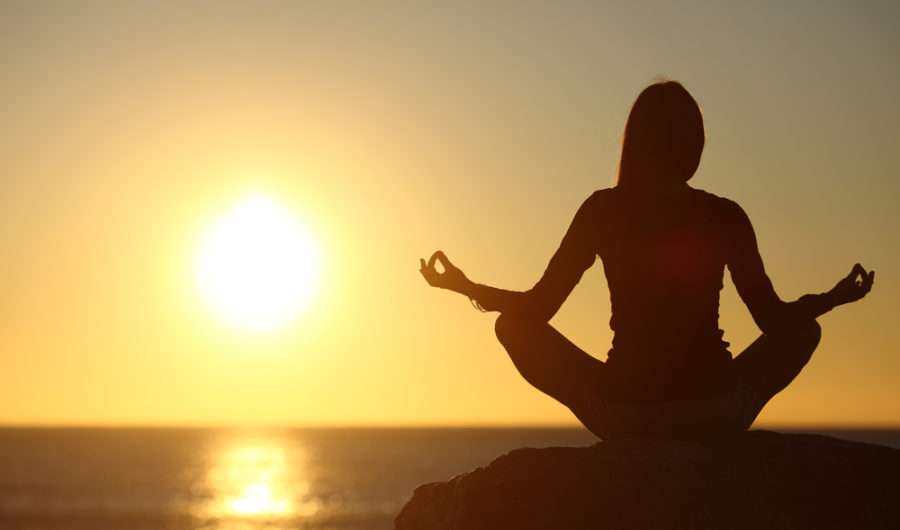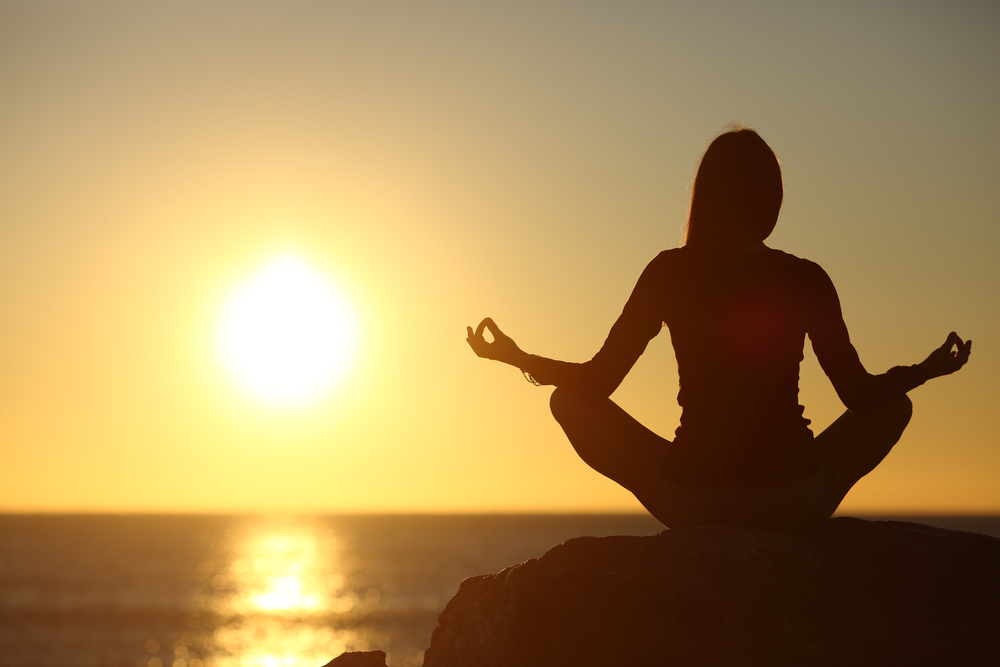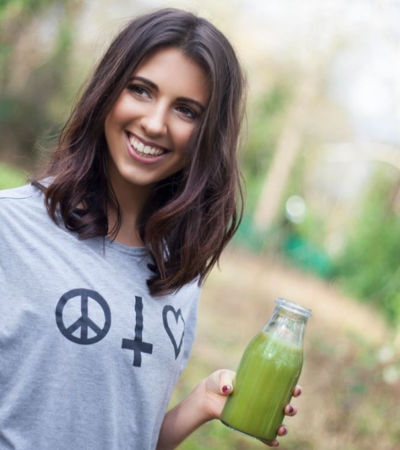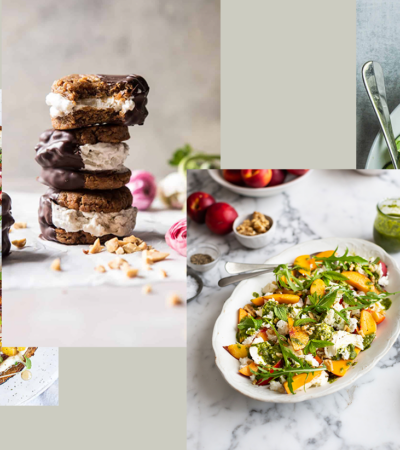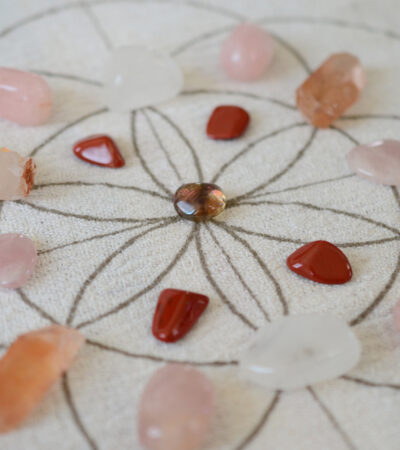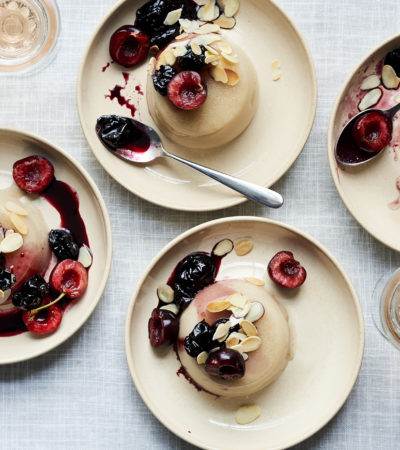
In a society that only really seems to celebrate the very young end of youth, getting older is often as welcome as a grizzly bear on a camping holiday. In fact, the only time you can spot grey hair on screen in an aspirational setting is when someone selling cruise holidays, or suggesting you replace the roof on your conservatory. Given this rather limiting attitude it’s no wonder we observe the development of our fine lines with the sort of diligence usually reserved for mine sweeping.
This isn’t an entirely new phenomenon, historically people have gone to extraordinary lengths to put a stop to growing older. A Chinese emperor even drank mercury in order to achieve eternal life, only to discover that mercury is terribly poisonous; and then hurriedly expired. But with nearly everyone we see represented by the media photo-shopped to within an inch of their lives (the difference can be so marked even Cindy Crawford has famously said “I wish I looked like Cindy Crawford”) you could argue that there has never been as much pressure as there is now to remain perpetually young.
Thankfully, people these days have a more sensible approach to liquid mercury and we all know the things that we shouldn’t be doing if we want to avoid premature aging. Cigarettes may as well wield a chisel and etch lines into your face, tanning beds are an open invite for age spots and overindulgence in alcohol can be a disaster for your skin. The other and often overlooked factor is stress, which does all sorts mischievous things to your body.
These things include increasing blood pressure, putting your heart at risk and making sleeping hard work, which is the opposite of what sleep should be. Lack of sleep exacerbates the problem by releasing the stress hormone cortisol, which in excess amounts can break down skin collagen and turn it into a landslide. People often try to counter these effects with lotions and even surgery, but there are other options, and aging gracefully needn’t be about doing nothing and taking everything that getting older has to throw at you.
For those of us who can’t afford to give up work and retire to a private island (one day!) to ease the strains of modern life, meditation has long been known to reduce stress significantly. Meditation produces physiological and biochemical changes that are the exact opposite of the stress response, in doses that are at least 200% stronger than that of the usual “lie about and have a guilty half nap” rest. On top of this, meditators have been known to have the collagen-destroying stress hormone cortisol reduced by a third, which makes the unpleasant prospect of a facelift much more remote.
In terms of health rather than appearance, (which is weirdly something many people think about less, possibly because our insides aren’t presented to us every day in the mirror) meditation appears to be just as helpful. Firstly, the regulation of oxygen becomes more optimised in the bodies of mediators. This results in far fewer free radicals shooting about, which means less cellular decay and a better immune system. Meditators also show reduced blood pressure, and a reduced risk of heart attacks and stroke.
Alongside this, meditation also keeps cognitive functioning sharp. Studies on long-term meditators reveal that they have a more developed hippocampus, the part of the brain associated with memory and learning. This is excellent news for anyone who harbours a secret ambition to become acidic and witty in old age, growing ever more bright eyed and ill-behaved, or indeed anyone who simply wants to maintain their current top form.
Ultimately however, meditation can mean a switch in outlook. Anxieties about growing older are natural but shouldn’t be so dominating that they distract from the enjoyment that can also be found in it. With the positive influence of meditation it can be easier to stop worrying about the first grey hair or a few laughter lines. With so much experience, happy memories and knowledge to be gained, perhaps the best way to beat old age is to embrace it.
Author Bio: Holly Ashby is a writer and illustrator who currently works at London meditation centre, Will Williams Meditation. Their aim is to help people live the happiest, healthiest lives they can through the practice of Vedic meditation.

